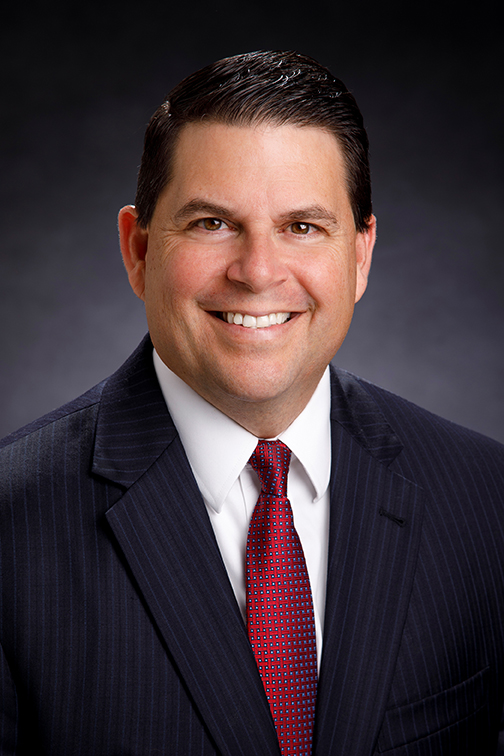One of the most overlooked aspects of financial planning is estate planning. Many people put off the discussion, thinking it’s not necessary until later in life. But the truth is, it’s never too soon to start. An estate plan ensures that when you become incapacitated or pass away, your assets are managed by and go to the people you want, and your affairs are handled how you want. If you’re younger, your plan may be fairly simple, but as you accumulate more assets and you have children, there is more to consider. And without an estate plan, the courts will often decide who gets what, a process that can be long, costly and cause fighting among family members.
Here are some basic reasons why an estate plan is so important:
To help ensure your assets go to the right people
By creating an estate plan, you choose who will inherit your assets and other valuables. This may include your home, rental properties and financial accounts. But it’s also important to think beyond the items that have monetary value and include those things with sentimental value.
Designate an executor
In your will, which is part of your estate plan, you can decide who will carry out your wishes. The executor (also called a personal representative) is responsible for ensuring that your assets are distributed to intended beneficiaries. The executor also arranges for payment of estate debts and expenses.
Guardianship for minors
If you have children, an estate plan gives you the ability to name a guardian in the event both you and your spouse die before your children turn 18. The court ultimately decides who will be guardian, but it’s important to have an expression of your wishes in your will.
Durable Power of Attorney
A durable power of attorney (DPOA) is an estate planning tool where you appoint a person, known as the agent, to manage your financial or medical matters when you cannot do so yourself because you are incapacitated by illness or injury. The DPOA appointment is effective immediately, but it typically isn’t utilized until there’s a need.
Document your wishes regarding medical care.
Estate plans can provide for end of life care with a healthcare power of attorney and a living will. These documents establish who will make medical decisions and document your decisions about your end-of-life treatment preferences if you cannot make the decisions on your own.
Charitable Gifts
If you’d like to leave part of your estate to a charity or a nonprofit, an estate plan can help make this happen. You can name an organization as a beneficiary in your will or living trust or it may be more tax efficient to name them as beneficiary of your IRA. Any of these options can lower the amount of your taxable estate and any estate taxes.
Avoid taxes and create creditor protection
A properly drafted estate plan can protect your loved ones from creditors and can leverage your tax exemptions to protect future generations from estate taxes. Without proper planning, the amount your heirs will owe Uncle Sam could be substantial.
Estate planning is an ongoing process. Once you’ve established a plan, it’s a good idea to review it every few years, when you go through a life-changing event, or when there are federal changes to estate tax laws. Doing this will ensure your plan reflects your wishes as you planned.
Meet our interviewee, Dennis Landfried, Private Wealth Advisor:
Would you like to learn more about FineMark’s Trust & Estate Planning Services?
Under the best circumstances, the idea of estate planning can be uncomfortable, stressful and worrisome. That’s why we believe in partnering with our clients as soon as they’re ready—often early in their careers—to help ensure a plan is in place long before it’s needed.







